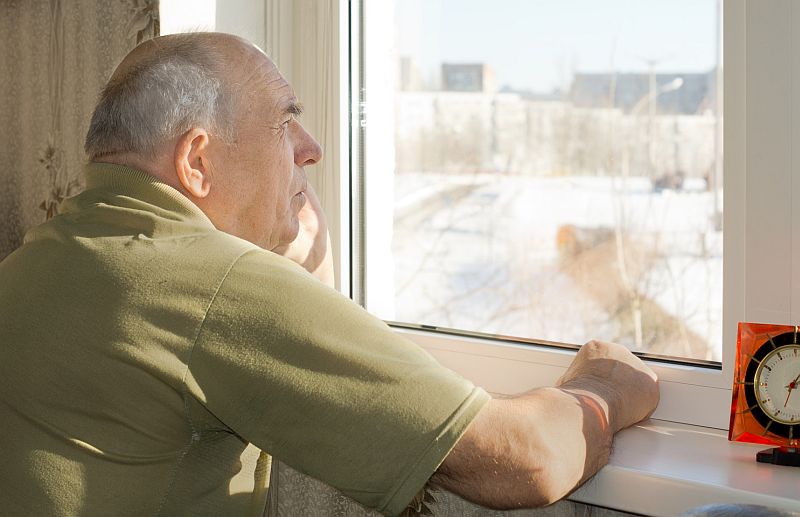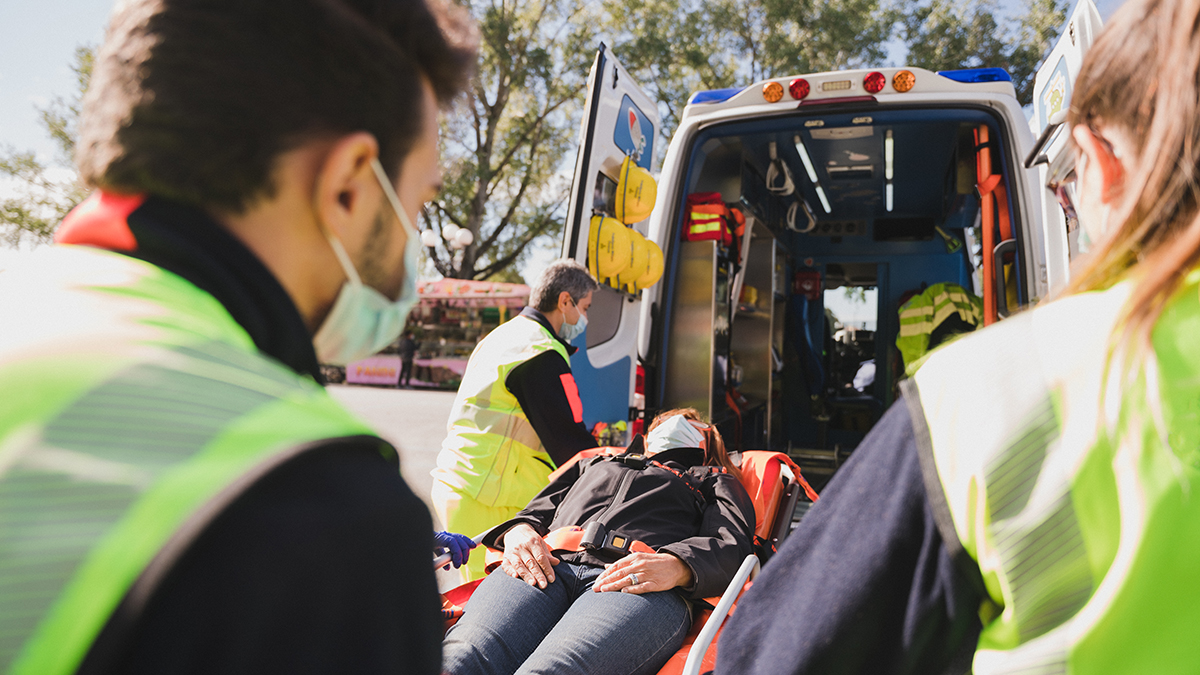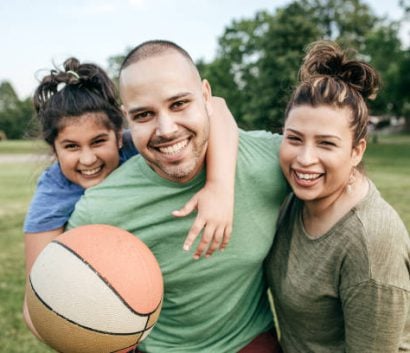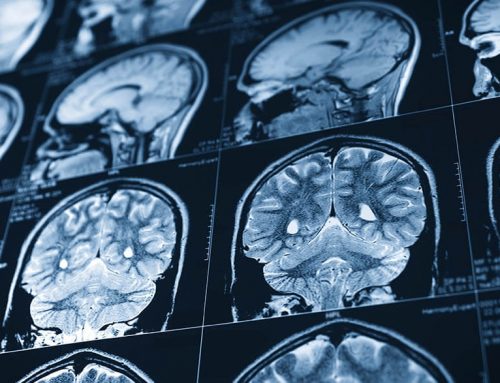
FRIDAY, Nov. 3, 2017 (HealthDay News) — It’s a frequent occurrence: A single, childless older man without a designated caregiver suffers a debilitating stroke, and is sent to a nursing home for the remainder of his life.
New research shows that male seniors who find themselves in this situation have triple the odds of being sent to a nursing home within five years of their attack, compared to men with a caregiver. A similar risk wasn’t seen for women.
The study “highlights older adults as being vulnerable to the loss of independent living if they cannot identify anyone to care for them,” said study author Justin Blackburn, of the University of Alabama at Birmingham.
“This is particularly true for older men, who may be unable to access or reluctant to use formal services delivered within their home or community,” Blackburn said. He spoke in a news release from the Journal of the American Geriatrics Society, which recently published the findings.
One New York City geriatrician said this scenario is all too familiar.
“We see this on Staten Island when there are no other caregivers to help and support patients in need — like after a stroke, when nursing home placement may be the only option left,” said Dr. Theodore Strange. He is associate chair of medicine at Staten Island University Hospital.
Strange believes that “men are likely at an increased risk because, in the traditional model of the wife taking care of the home needs, this is a challenge [for men] to accomplish.”
In the new study, Blackburn’s team noted that “Americans prefer to remain at home with family support than to be institutionalized. Only 29 percent of adults say they are willing to move into a nursing home if they become disabled, compared with 75 percent who would rather rely on an informal caregiver.”
But which Americans are most likely to find out — too late — that they simply have no choice when it comes to avoiding the nursing home?
In the study, Blackburn’s group tracked 2003-2013 data from a national survey on more than 30,000 people aged 45 or older. One of the questions: “If you had a serious illness or became disabled, do you have someone who would be able to provide care for you on an ongoing basis?”
The researchers then tracked outcomes for any of the respondents who’d suffered a stroke during the study timeframe. Overall, 560 of the participants suffered a stroke during the 10 years of the study. Sixty-eight of these patients were sent to nursing home care within one year of their stroke, and 119 were in nursing homes within five years of their stroke, the study found.
People who didn’t have a caregiver were 70 percent more likely to be sent to nursing home care within a year of their stroke, and this was primarily focused on men, according to the report.
In fact, men lacking a caregiver were more than three times as likely to be sent to a nursing home compared to men who did have a caregiver. But for women in this situation, the risk rose less significantly — 37 percent.
Income mattered, too: The odds of nursing home care after a stroke were much higher for men making less than $20,000 per year than those making $50,000 or more, the research showed.
According to the researchers, men are particularly vulnerable if left single with a stroke because they’re typically less able to take care of themselves in the home.
“For many men, it is often assumed that their spouse can serve as a caregiver,” the study authors wrote. But while single women who’ve survived a stroke may be able to still care for themselves at home, men often find it more difficult.
“The effect of having a caregiver [after a stroke] appears less important in women than in men,” the researchers noted.
Dr. Maria Torroella Carney is chief of geriatrics at Northwell Health in New Hyde Park, N.Y. She agreed that men’s increased vulnerability to needing nursing home care may come down to traditional gender roles.
“Perhaps women, who tend to be caregivers, may understand the role and importance of caregiving,” she said. “Men, who have held less caregiving roles, may not understand the importance of caregiving in the recuperation after a stroke and how it may affect the ability to live in the community as independently as possible.”
The study findings also highlight the need for everyone — but perhaps especially men — to prepare for stroke and other health problems as they age.
According to Carney, doctors can “explain to stroke patients and families about accessing resources that may help them when caregiving support is not identified.”
Knowledge is power, she said, and a full discussion beforehand of how single, older men can retain their independence after a stroke “could mean the difference between living in their own home or going to a nursing home.”
SOURCES: Theodore Strange, M.D., associate chair, medicine, Staten Island University Hospital, New York City; Maria Torroella Carney, M.D., chief, division of geriatric and palliative medicine, Northwell Health, New Hyde Park, N.Y.; Oct. 26, 2017, Journal of the American Geriatrics Society, online
News stories are written and provided by HealthDay and do not reflect federal policy, the views of MedlinePlus, the National Library of Medicine, the National Institutes of Health, or the U.S. Department of Health and Human Services.
[the_ad id=”28610″]





Leave a Reply